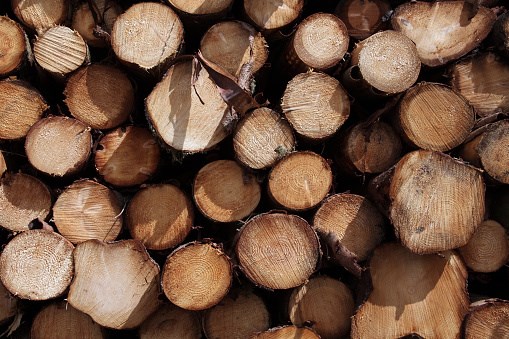For B.C. sawmill workers and loggers, 2019 was an annus horribilis that they can only hope is not repeated in 2020.
Prolonged wet weather in the U.S. that delayed the construction season, higher stumpage rates, American duties on softwood lumber, a shrinking timber supply and one of the longest strikes ever by sawmill workers on Vancouver Island converged into a perfect storm that left thousands either on picket lines or unemployment lines.
B.C. forestry companies went from making record profits in 2017 and 2018 to posting losses in 2019, and more than 3,000 sawmill workers lost their jobs. Many more logging contractors were also left without work.
Even mills that are still operating eliminated shifts. And when those shifts are added to the permanent mill closures in the province, it is the equivalent of eight sawmill closures in 2019, according to forestry consultant Jim Girvan.
The central issue in 2020 for the B.C. government will be fixing the current stumpage system, said Russ Taylor, managing director of the Forest Economic Advisors consultancy.
"The model is broken," Taylor said, adding that the severe downturn in the industry was unique to B.C.
"Alberta, they made a ton of money last year," he said.
Taylor recently concluded an analysis of 29 lumber-producing jurisdictions. It confirmed that, in 2019, B.C. was the highest-cost producer in the world - even higher than Germany, which traditionally had the highest log costs, but which has been burning through a bonanza of salvage wood from a spruce beetle epidemic.
Taylor expects lumber prices will increase by 10 per cent in 2020. That may forestall further mill closures in 2020.
"The mills that have closed - they're gone," Girvan said. "But there's 20 more that are in reduced shifting or they just closed indefinitely because of markets. All of those, they should be able to come back."
The BC NDP government can expect to face increasing criticism in 2020 for failing to address the crisis in forestry, according to the mayor of Port McNeill, Gaby Wickstrom.
"The NDP has been coasting along in its belief that it is immune to the forestry crisis, and therefore hasn't been expending an ounce of political capital to fight to help the workers and prop the sector up during its worst crisis in decades," she tweeted in December.
Taylor said there is little question that the formula for calculating stumpage rates in B.C. is the biggest problem and needs to be fixed.
"It's absolutely crystal clear to me that the B.C. wood costs are the only region that's gone up in the world, and it should be going down," he said.



.png;w=120;h=80;mode=crop)